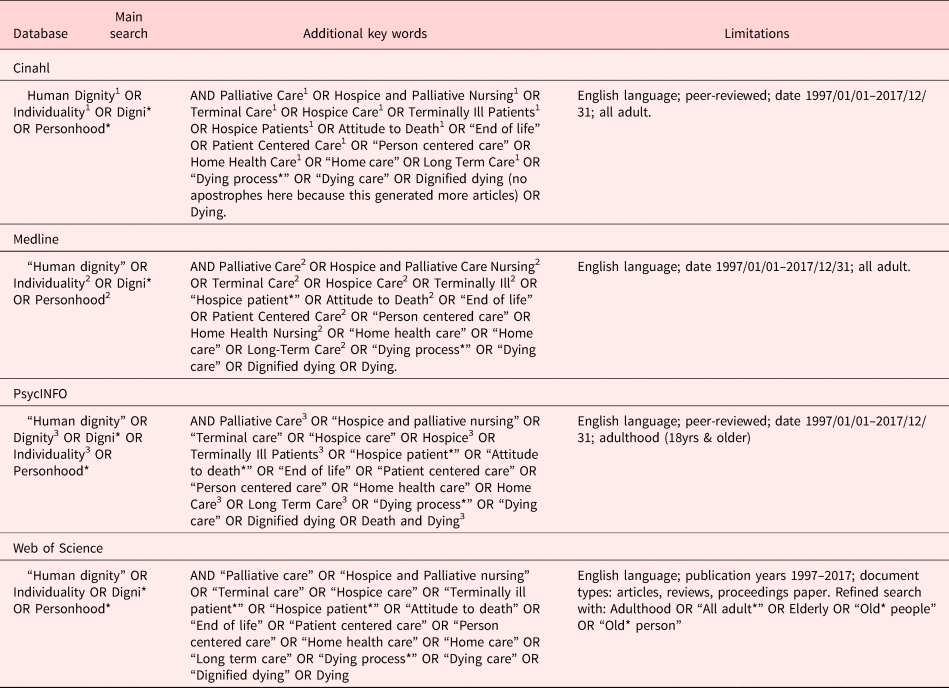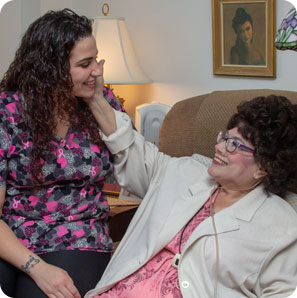
Many rights are available to residents of assisted living facilities. These rights include the right to choose the kind of care they want, the right to eat three balanced meals a day, and the right to have a service plan that is appropriate for their needs. You can make the right decision for your loved ones by understanding these rights and how you can protect them.
Assisted living residents have broader rights than nursing home residents
Residents of assisted living have many rights that residents in nursing homes do not. One, they have the freedom to make their own care and treatment decisions. This also includes the right to choose the type of food served to them and the time at which they eat. Also, they have the right to participate in care planning meetings and to make their own financial decisions.
As a social worker it is my responsibility to protect residents' rights, regardless their sex or race, religion, or nationality. There are many issues that dementia sufferers face, including cognitive and physical impairments. Some residents may experience loss of social connections and privacy issues. Some residents are also subject to discrimination because of their religion, age, sex, disability, sexual preference, or sexual orientation.

They are entitled to make decisions about their own care
As residents of assisted living facilities, there are many rights that they have and obligations that they must fulfill. One of these is their right to choose the care they want. This right is crucial in many ways. This right must be respected by assisted living facilities as well. Residents should have the freedom to express themselves. This includes the freedom to send and receive mail, as well as write letters. Caregivers need to respect the wishes of residents and not invade their privacy. Residents must be made aware of any changes to their care plan.
A resident has the rights to review medical records, get advance notice of transfers or discharges, as well as access to records. These records must be made available to residents within one business day. They should also be allowed to take part in resident groups.
They can have three healthy meals per day
A meal plan should cater to the nutritional needs and preferences of residents. This is not an easy task, as each resident may have different preferences. It is also important to be sensitive to cultural differences, religious and medical requirements, as well as allergies. The menus should include a variety of food options.
The attending physician must approve the therapeutic diet, but the physician may delegate the responsibility to a licensed nutritionist. State laws and regulations must be followed by the licensed dietitian. Each resident has the right to three nutritious meals per day, and the facility must meet the resident's preferences and requirements.

They have the right to have a service plan that reflects their needs
A service plan outlines the services that a resident may receive. A service plan should reflect the individual needs and preferences. Residents should be allowed to choose the services that they want, and how they prefer them. Before signing up for a service plan, they should have the ability to talk with their providers.
Many assisted living facilities have made NRAs a requirement and have even considered making it a state regulation. NRAs promote open, documented conversations that allow providers to better understand residents' needs and help them avoid restricting their choices.